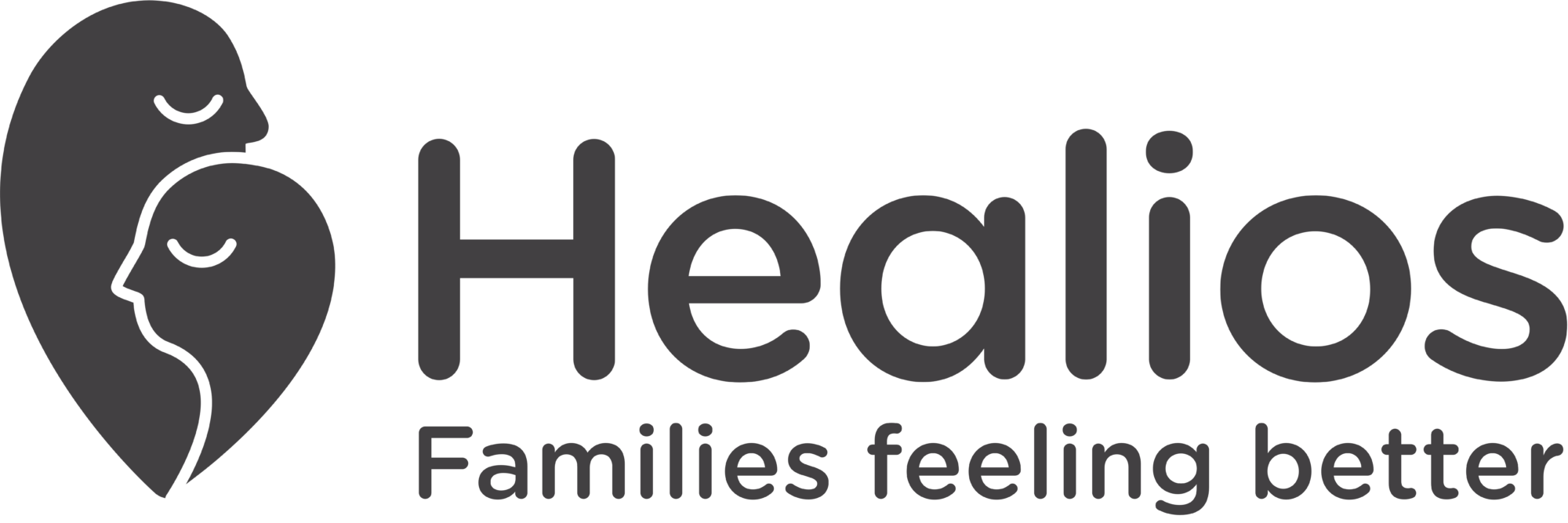Healios’ science team plays a vital role in the work we do, helping to shape the services we deliver and ensuring what we do for our partners and patients is evidence-based and at the cutting edge of innovation.
As we mark Healthcare Science Week (March 11-15) we’ve talked to Dr Kerri Bailey, Senior Mental Health Scientist at Healios, about her role and the importance of science in healthcare.
She also spoke about a brand new piece of research she has led on alongside the science team which has been submitted for publication this week, and provides valuable insights into families’ experiences before, during and after an online autism assessment.
The research also highlights how innovative online assessment services can empower NHS decision-makers to streamline processes and improve equitable access to care across the UK.
Read on to find out more.
The importance of a science team should not be undervalued
Dr Kerri Bailey has been at Healios for just over a year, looking to build on her interest in helping people with neurodevelopmental conditions after pursuing a career in digital mental health post-University, where she completed a Masters and PhD in cognitive neuroscience.
At Healios she has found an organisation that fully values science as it looks to continue to develop and innovate its offering in the neurodevelopment space to produce even better outcomes for its NHS partners and the patients it supports.
However Dr Bailey feels this value given to science is not always the case elsewhere.
“I think science can sometimes be overlooked in industry,” Dr Bailey says. “This can be destructive when decisions are made without validating assumptions with data.
“There are so many things you can say about a service, but having the science and evidence behind that service to show it’s being effective is so important – our partners and our patients want to see that evidence to prove it is as good as they’re being told.”
Understanding anxieties around online assessments
Part of Dr Bailey’s role at Healios is to lead and contribute to research studies that, for example, will look to prove the efficacy of the services we provide.
Dr Bailey and the team’s most recent study, which has been submitted for publication this week, aims to better understand how the families we work with felt about the online autism assessment process.
The research examined how families felt both before and after having an online assessment to determine whether any of their initial concerns are due to a lack of exposure and information surrounding online assessments, as opposed to the quality of the assessment itself.
Dr Bailey says: “We embarked on this project because we know that parents do tend to have concerns with the assessment process being online, and we wanted to delve into more detail as to why they have these anxieties and whether there is something providers can do to ease them.
“Therefore we asked over 350 families with a child who received an online autism assessment through Healios how they felt when they were first referred for their assessment, and then we asked them to tell us how they felt when they had actually completed the process with us.
“The results showed that families rated the online service highly, with over 93% agreeing that Healios made them and their child feel safe and respected. We also found that any concerns and anxieties they had when they entered the service significantly decreased once they had completed the assessment with us.”
Helping to make a better service for families
Dr Bailey says her and her team were also keen to know what information families would like to know upon referral to encourage them to choose an online service.
“We found that having evidence that Healios’ service is high quality and accurate, and proof that an online assessment is just as good as in-person, would have helped ease their initial anxieties,” she says.
“Overall families rated Healios’ service extremely highly, with over 91% stating they would recommend the service to friends and family. However, information about the quality of the service wasn’t made easily available to them at the point of referral, which contributed to their anxiety ahead of the assessment.
“Furthermore, the families could have benefitted from knowing about the benefits of online assessments – such as the fact that they provide better flexibility to both parent and child, since the assessment can be attended from the comfort of their own home.
“There’s also no transportation problems and costs, and potentially less upheaval to the child’s daily routine by not having to take them to a clinical setting. All together this helps to make the whole experience less stressful at an already difficult time.
“We hope this research will help shape how providers at different points throughout the assessment process approach preparing and informing families about what to expect, so that parents can focus on what really matters – getting the support they need for their child.”
More proof of the importance of science in healthcare
Dr Bailey said studies such as this show the importance of embedding science in the digital mental health industry, as science enables companies to truly understand their customers using data-driven insights.
She adds: “As a science team we’re here to gather evidence to improve our service – and help make the whole system less fragmented and more user centred.”
The paper has been submitted for publication, and can now be viewed here.
Healios is fully committed to research and to assuring our partners that the services we provide are backed with the best available evidence.
Anyone looking for more information about Healios and the online assessment process can visit https://healios.org.uk/ or any organisation looking to find out more about Healios’ pathway can visit https://healios.org.uk/healthcare-organisations/
